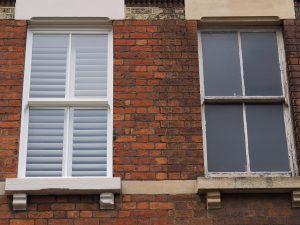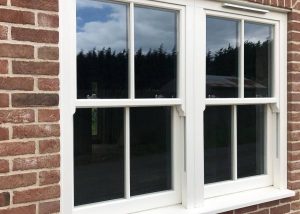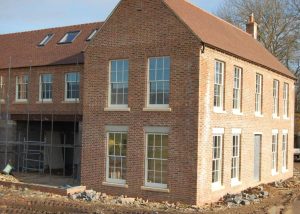Facts about Whitby
General Info
Whitby is a seaside town, port and civil parish in North Yorkshire, England. It is on the Yorkshire Coast at the mouth of the River Esk. It has a maritime, mineral and tourist economy. The fishing port emerged during the Middle Ages, supporting important herring and whaling fleets, and was where Captain Cook learned seamanship and, coincidentally, where his first vessel to explore the southern ocean, HMS Endeavour, was built. Jet and alum were mined locally, and Whitby jet, which was mined by the Romans and Victorians, became fashionable during the 19th century.
History
Whitby was called Streanæshalc, Streneshalc, Streoneshalch, Streoneshalh, and Streunes-Alae in Lindissi in records of the 7th and 8th centuries. Prestebi, from Old Norse býr (village) and presta (of the priests), is an 11th-century name. Its name was recorded as Hwitebi and Witebi, from the Old Norse from hvítr (white) and býr (village), in the 12th century, Whitebi in the 13th century and Qwiteby in the 14th century.
A monastery was founded at Streanæshealh in 657 AD by King Oswiu or Oswy of Northumbria, as an act of thanksgiving, after defeating Penda, the pagan king of Mercia. At its foundation, the abbey was an Anglo-Saxon ‘double monastery’ for men and women. Its first abbess, the royal princess Hild, was later venerated as a saint. The abbey became a centre of learning, and here Cædmon the cowherd was “miraculously” transformed into an inspired poet whose poetry is an example of Anglo-Saxon literature. The abbey became the leading royal nunnery of the kingdom of Deira, and the burial-place of its royal family. The Synod of Whitby, in 664, established the Roman date of Easter in Northumbria at the expense of the Celtic one.








